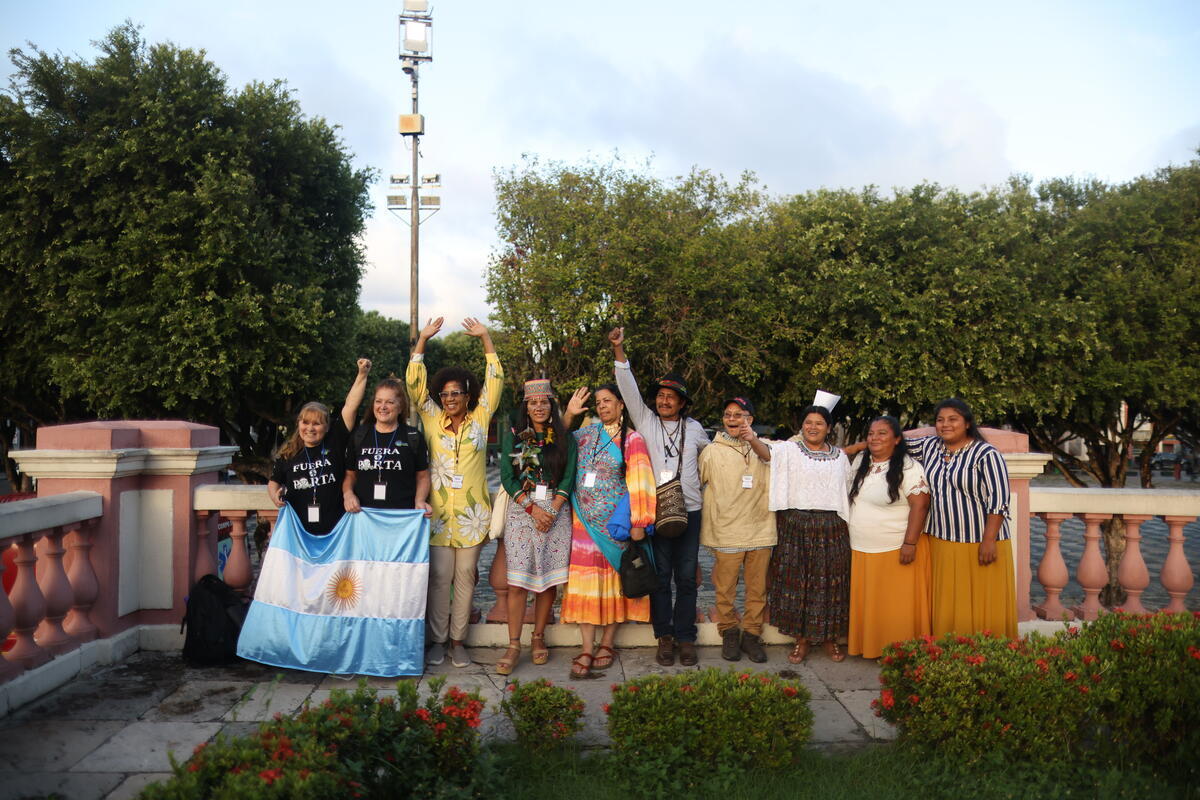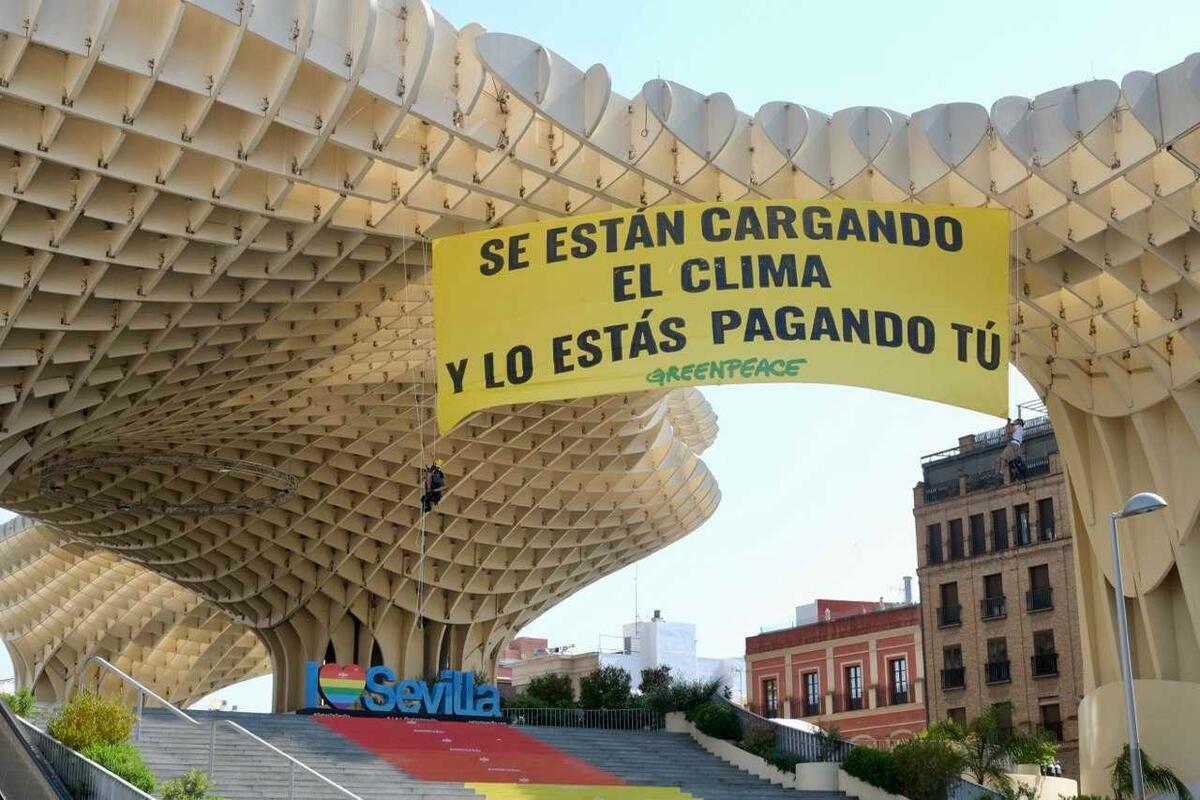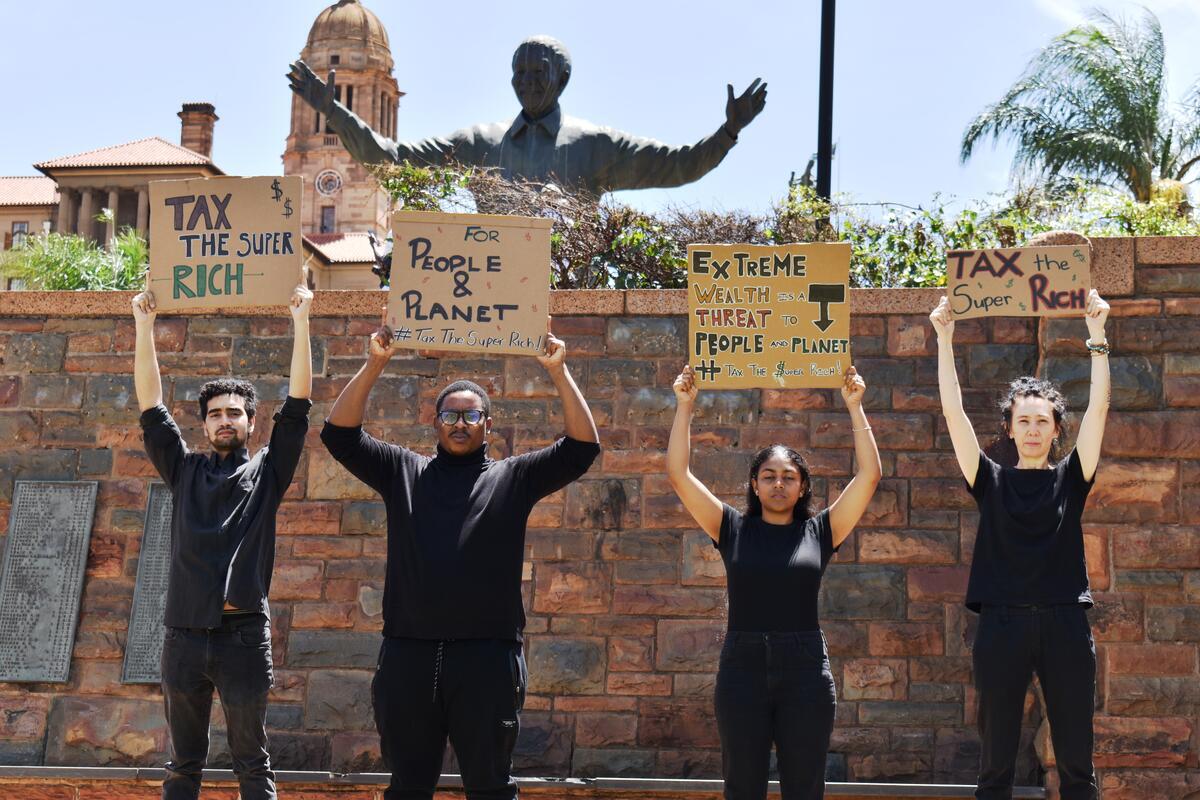May was a black month for Israel – the colour of a charred landscape. More than 1000 wildfires started across the country, spreading out of control in unseasonable heat that many attributed to climate change.
Israel suffered a three-day extreme heat wave that broke record temperatures for the month of May and reached 45 degrees Celsius. Many people were evacuated and lost their homes – a sobering reminder that climate change is not just about statistics, but people’s lives.
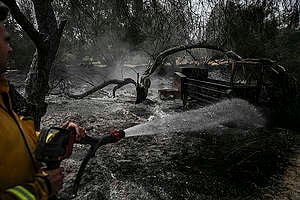
Israel’s extreme heat wave in May, had record temperatures that reached up to 45 Celsius, sparking wildfires in 1023 locations..
The intensity and severity of wildland fires are exacerbated by increasing temperatures, and the growing frequency of climate change related heat waves. Heat waves and drier weather caused by climate breakdown make forests more flammable, leading to larger and unmanageable fires.
Unsurprisingly, the Middle East has won the title of Climate Change Hotspot. According to the Meteorological Service findings global temperatures have increased by an average of one degree celsius in the past hundred years. Though in the Middle East the increase is 1.5 degrees, 50% more than the global average.
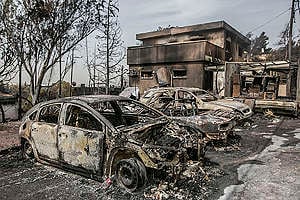
Wildfires blazed out of control reducing Mevo Modi’im village to ashes in just 3 days. Only 10 out of 50 homes escaped.
A recent study by Israeli researchers warns that if we don’t start working now to reduce greenhouse gas emissions globally, we can expect that by the end of the 21st century Israel’s summer will be 49% longer, and winter will be 56% shorter. Such an increase in the number of hot days, compared with the decline in the number of cold days, will worsen drought and increase the danger of wildfires and air pollution.
Greenpeace Israel is calling on the Ministry of Energy to stop developing fossil fuel prospecting in the Mediterranean Sea, and show leadership on the transition to renewable energy in this region.
This map shows Mevo Modi’im village before and after the fire.
How to protect your house from wildfire
The majority of wildfires are caused by people, but they can be prevented by people too. Simple steps can help to prevent disasters.
- It may sound obvious, but be careful not to start a fire in the first place. Never dispose of burning cigarettes before completely extinguishing them. Pour plenty of water outdoor fires, and stir the ashes, to be sure that the fire doesn’t rekindle. Refrain from lighting fires on hot days when a wind could easily spread them. Never leave a fire unattended!
- If you see a wildfire, immediately report it to your local authority. Never assume it has already been reported. If possible, give them an accurate address or GPS coordinates.
- Don’t try to extinguish the wildfire on your own without special equipment and gear. It could be especially dangerous if you are wearing clothes made out of synthetic materials.
- If you see that a fire is coming to your town or village let your neighbours know. In the case of forest fire it’s better to evacuate immediately. If it’s a grass fire you can use shovels or blankets to smother the flames. Also try wetting your fence and house using a water hose.
Dr. Jonathan Aikhenbaum is a Campaigns Manager for Greenpeace Mediterranean in Israel.
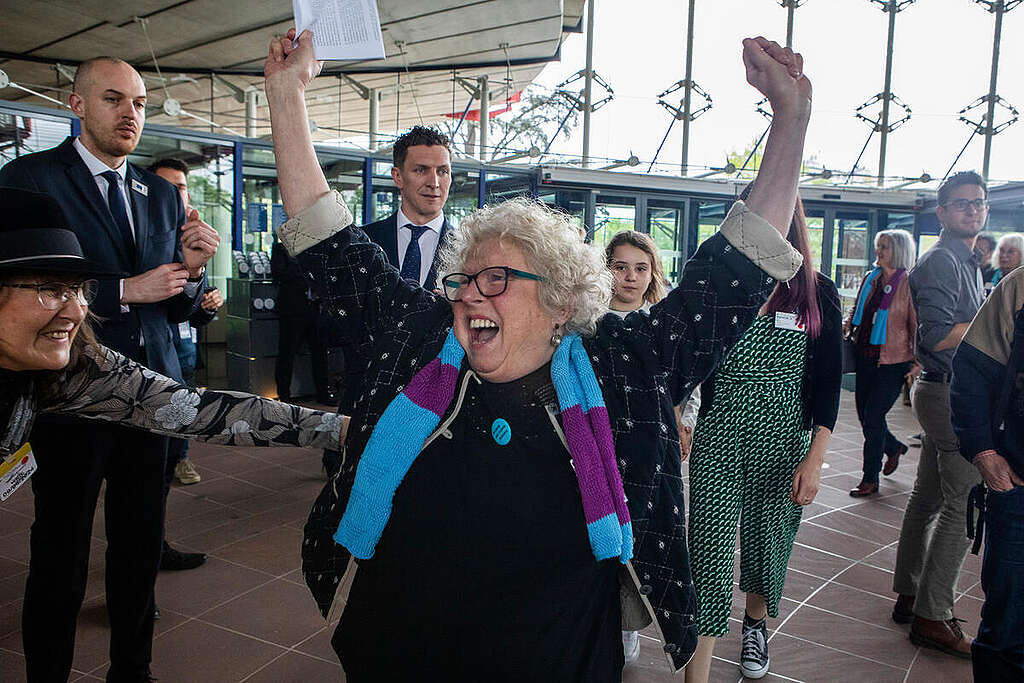
It’s time for all of us to assert our rights, demand climate justice, and a dignified way of life.
Take action
